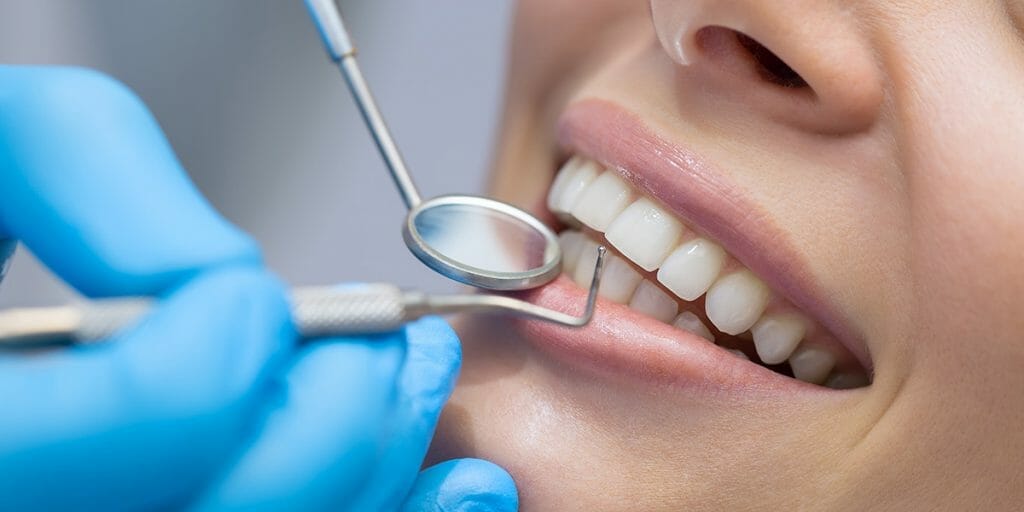 It may be that you already regard your oral cavity, the teeth within and the microbiome that makes its home there as your special friends? Giving them daily reviews, assisting in the elimination of plaque and the management of your gum line. Or you may not?
It may be that you already regard your oral cavity, the teeth within and the microbiome that makes its home there as your special friends? Giving them daily reviews, assisting in the elimination of plaque and the management of your gum line. Or you may not?
In looking after people’s health including your own, the notion of leaving the relationship between your teeth, gums and mucosal surfaces and general health to the periodic dentist visit, needs to be revised based on the increased awareness that the start of the alimentary canal is a very important set of tissues.
Over the last few years, there has been a growing awareness of the interconnectedness of the oral microbiome, its stability and the risk of various illnesses, beyond cavities and periodontal diseases.
Poor oral hygiene is an established risk marker for cardiovascular disease. It has been hypothesised that poor oral hygiene may lead to transient bacteraemia, which may cause systemic inflammation. A recent large retrospective study of 161,286 people on the South Korean national health insurance system aged between 40 and 79 over a ten and a half year period, found that teeth brushing three or more times a day was associated with a 10 per cent lower risk of atrial fibrillation and a 12 per cent lower risk of heart failure. Whilst this study has limitations, the associated recommendation of 3 times a day rather than 2 times a day for brushing of teeth carries little risk, and considerable benefit outside of heart health.
 Another group has previously found a reduced risk of pneumonia, where oral hygiene and microbiota stability are managed in patients in hospital and in nursing homes. In 2008, researchers at a hospital in the US found that cleaning the teeth of intensive care patients twice a day significantly reduced the risk of ventilator-associated pneumonia.
Another group has previously found a reduced risk of pneumonia, where oral hygiene and microbiota stability are managed in patients in hospital and in nursing homes. In 2008, researchers at a hospital in the US found that cleaning the teeth of intensive care patients twice a day significantly reduced the risk of ventilator-associated pneumonia.
The year-long study at the Barnes-Jewish Hospital in St Louis, found that where nurses followed strict oral hygiene procedures, ventilator-associated pneumonia fell among patients from 5.2 per cent to 2.4 per cent.
Brushing your teeth regularly could also slow down the progression of Alzheimer’s disease. It is thought that periodontal bacteria increase levels of inflammation in the body, which has been linked to greater mental decline.
Do you consider your clients or patients oral health and hygiene when undertaking a clinical work up? It’s one of those areas, that for so long has been the primary care of the dentist, that it’s all too easy to let the oral cavity be forgotten about.
Perhaps now is the time to ask the question, how often do you brush your teeth each day? If it’s less than 3, you know what to say!

1 Comment. Leave new
As someone who was previously a dentist and lectures to MSc-level nutritional therapy students about oro-facial health, I was delighted to see your comments. The mouth, as the entrance to the GI tract, can reflect the health of the body and vica versa. There are diverse aspects that need to be considered, beyond those you have mentioned above.